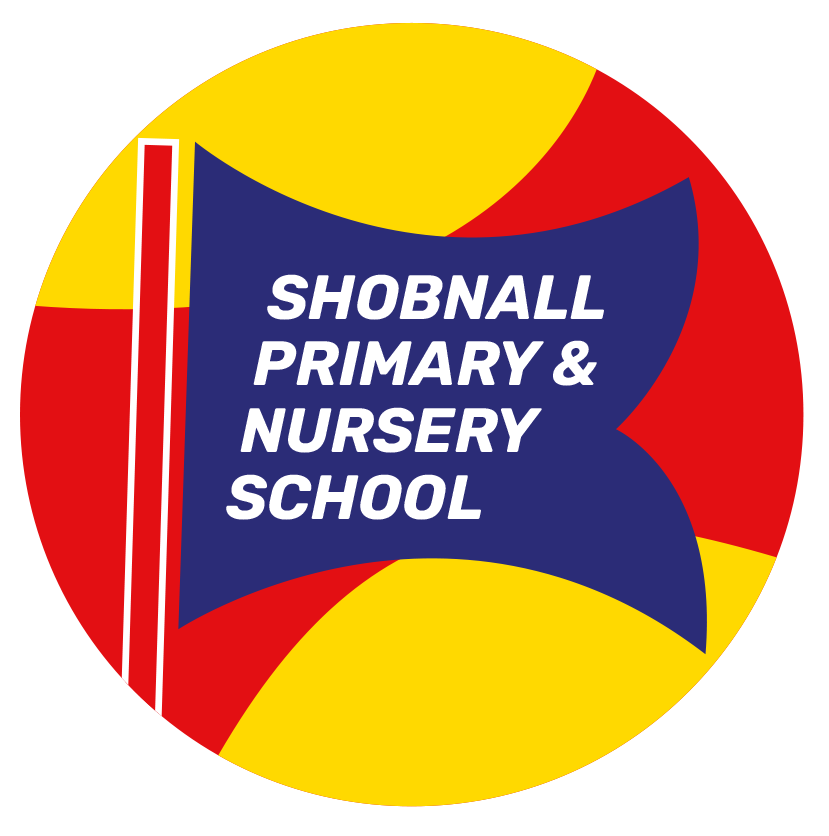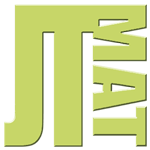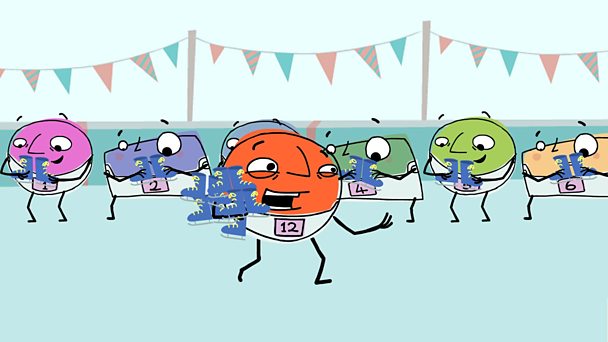Subject Leader
Mrs R. Barker
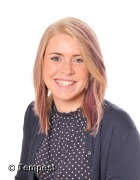 My name is Miss Barker and I am the subject leader for Maths at Shobnall Primary & Nursery School. I am extremely enthusiastic about mathematics as well as being passionate about the way in which maths in taught at Shobnall. It is my vision that maths should be taught in a way to encourage our children to master the content taught in each year through purposeful and bespoke lessons.
My name is Miss Barker and I am the subject leader for Maths at Shobnall Primary & Nursery School. I am extremely enthusiastic about mathematics as well as being passionate about the way in which maths in taught at Shobnall. It is my vision that maths should be taught in a way to encourage our children to master the content taught in each year through purposeful and bespoke lessons.
With this in mind, we have carefully planned our maths curriculum at Shobnall Primary & Nursery School to ensure that there is a positive culture around mathematics. We have taken the key content from the National Curriculum and incorporated the principles of mastery teaching so that we have a bespoke curriculum which ensures our children reach their full potential. To achieve seamless progression of mathematical knowledge and skills our long term plans for each year group have been developed to ensure small steps are followed so that our children are able to successfully master different mathematical concepts as well as deepening their understanding as they move through the school. It gives me a great sense of pride to know that our children are being provided with an amazing mastery maths journey that will in turn stand them in good stead for the future.
To ensure that learning is meaningful, we also offer a range of CPD opportunities for all staff and have a culture of knowledge sharing across the academy. Through this collective learning, I am proud that our team is always striving to be the best that it can be.
Vision
At Shobnall Primary & Nursery School, our vision is to enable children to become confident, skilled and resilient mathematicians. We believe that by providing high-quality maths lessons encourages every child to be able to achieve excellence in mathematics. We aspire for children to have a deep understanding of the subject through a concrete, pictorial and abstract approach by ensuring that our children develop a deep and sustainable understanding of maths.
We strive for our pupils to be passionate about mathematics. By ensuring that we offer opportunities for our children to have a balance between procedural fluency and conceptual understanding. This ensures that our children are able to calculate, reason and problem solve.
Aims and Goals
Our aims and goals are to ensure that our pupils experience a highly effective mathematics education.
- We ensure that our children develop a broad range of skills with regards to using and applying in mathematics through our bespoke curriculum.
- We ensure our children have an extensive knowledge of the important concepts and an ability to make connections within mathematics.
- We motivate our children to have a fluency in performing written and mental calculations which demonstrate mathematical techniques.
- We believe that our children should have the ability to show initiative in solving problems in a wide range of contexts, through decision-making and reasoning in a range of contexts.
- We provided our children with the opportunities to think independently and to persevere when faced with challenges, showing a confidence of success.
- We ensure our children have fluent knowledge and recall of number facts and the number systems.
- We promote an enjoyment and enthusiasm for learning through practical activity, exploration, discussion and a passion for mathematics.
- We encourage an understanding of mathematics through a process of enquiry, reasoning and problem solving.
- We motivate our children to reason, generalise and make sense of solutions. We encourage our children to embrace the value of learning from mistakes and false starts.
- We promote the knowledge of working both cooperatively, collaboratively and independently.
- We provide our children with the knowledge of an extensive and rich mathematical vocabulary.
Curriculum
The National Curriculum for Mathematics emphasises the importance of all pupils mastering the content taught each year and discourages the acceleration of pupils, into content from subsequent years. Mastering maths means acquiring a deep, long-term, secure and adaptable understanding of the subject.
At Shobnall Primary & Nursery School, we feel the best way to achieve the aims set out by the National Curriculum and the EYFS Statutory Framework is by adopting a Mastery approach, which is tailored to the children within our school. Our long-term progression map broadly follows the National Curriculum but is adapted to include the teachings of Power Maths and the White Rose Maths Hub.
Our ethos for Mathematics, is underpinned by a belief in the importance of mathematics and that the vast majority of children can succeed in learning mathematics, which is in line with national expectations for the end of each key stage.
At Shobnall Primary & Nursery School, we use Power Maths as a basis for our maths lesson. This is an exciting class mastery approach, which is based upon the concrete, pictorial and abstract approach. Power Maths is a whole-class mastery programme designed to spark curiosity and excitement and help nurture confidence in maths. At the heart of Power Maths is the belief that all children can achieve. It’s built around a child-centred lesson design that models and embeds a growth mindset approach to maths. At the heart of this programme is the idea that all children can achieve and be successful mathematicians with the right growth mindset. It promotes five child friendly characters, each with their own positive skillset, to inspire and motivate children.
Each class teacher is responsible for the Mathematics in their class in consultation with, and with guidance from, the Mathematics Subject Leader. Teachers plan small steps in learning, enabling deep coverage and mastery of the school’s curriculum, through both daily maths lessons and additional opportunities to develop number fluency.
During a sequence of learning, all children will have access to high quality teaching and learning time with their class teacher, who is best placed to help them make progress. Children’s next steps in learning are at the forefront of all planning and achievements are clearly reviewed through regular assessments. Occasionally children may spend additional time working with an adult on a one-to-one basis or in small groups, to close a gap that has been identified in their mathematical understanding and this will be done prior to the next lesson in a target group.
Maths is taught five times a week with lessons that will last around 60 minutes. Daily maths lessons will involve plenty of discovery, sharing, collaboration, practice and reflection; and will offer learning tasks that use concrete manipulatives and pictorial models to secure understanding.
In addition, to further develop fluency, children in Reception to Year 6 have an arithmetical proficiency lesson of between 15-20 minutes every day. At least once a week, children in Y2-6 will also complete 33 club and access Times Tables Rock Stars for multiplication practice. Also, children in Reception – Y2 will also complete rocket test and access Numbots for subitising and number bond practice.
EYFS
Teachers in the Early Years Foundation Stage base their teaching on “Development Matters” to ensure that the children are working towards the “Early Learning Goals for Mathematical Development”. Additional documentation provided by Power Maths and NCTEM is also used. The Early Years Foundation Stage teachers deliver some whole class teaching and adult focus led Maths activities together with the teaching assistant, each day. The children also access a range of Maths activities within continuous provision; and investigate a “Number of the Week” together as a class.
Key Stage 1
The National Curriculum (2014) states that:
The principal focus of mathematics teaching in Key Stage 1 is to ensure that pupils develop confidence and mental fluency with whole numbers, counting and place value. This should involve working with numerals, words and the four operations, including practical resources (e.g. concrete objects and measuring tools).
At this stage, pupils should develop their ability to recognise, describe, draw, compare and sort different shapes and use the related vocabulary. Teaching should also involve using a range of measures to describe and compare different quantities such as length, mass, capacity/volume, time and money.
By the end of Year 2, pupils should know the number bonds to 20 and be precise in using and understanding place value. An emphasis on practice at this early stage will aid fluency.
Pupils should read and spell mathematical vocabulary, at a level consistent with their increasing word reading and spelling knowledge at Key Stage 1.
Lower Key Stage 2
The National Curriculum (2014) states that:
The principal focus of mathematics teaching in lower key stage 2 is to ensure that pupils become increasingly fluent with whole numbers and the four operations, including number facts and the concept of place value. This should ensure that pupils develop efficient written and mental methods and perform calculations accurately with increasingly large whole numbers.
At this stage, pupils should develop their ability to solve a range of problems, including with simple fractions and decimal place value. Teaching should also ensure that pupils draw with increasing accuracy and develop mathematical reasoning so they can analyse shapes and their properties, and confidently describe0 the relationships between them. It should ensure that they can use measuring instruments with accuracy and make connections between measure and number.
By the end of year 4, pupils should have memorised their multiplication tables up to and including the 12-multiplication table and show precision and fluency in their work.
Pupils should read and spell mathematical vocabulary correctly and confidently, using their growing word reading knowledge and their knowledge of spelling.
Upper Key Stage 2
The National Curriculum (2014) states that:
The principal focus of mathematics teaching in upper key stage 2 is to ensure that pupils extend their understanding of the number system and place value to include larger integers. This should develop the connections that pupils make between multiplication and division with fractions, decimals, percentages and ratio.
At this stage, pupils should develop their ability to solve a wider range of problems, including increasingly complex properties of numbers and arithmetic, and problems demanding efficient written and mental methods of calculation. With this foundation in arithmetic, pupils are introduced to the language of algebra as a means for solving a variety of problems. Teaching in geometry and measures should consolidate and extend knowledge developed in number. Teaching should also ensure that pupils classify shapes with increasingly complex geometric properties and that they learn the vocabulary they need to describe them.
By the end of year 6, pupils should be fluent in written methods for all four operations, including long multiplication and division, and in working with fractions, decimals and percentages.
Pupils should read, spell and pronounce mathematical vocabulary correctly.
Please see the PDFs below for the mathematic objectives for each individual year group as part of their long term plan.
Assessment
At Shobnall Primary & Nursery School we all agree that the effective assessment of children’s learning helps us to ensure that each child makes good or better progress so that ‘Together We Achieve Our Best.’ Assessment is an integral part of teaching and learning and is a continuous process. Teachers make assessments of children daily through:
- regular marking of work
- analysing errors and picking up on misconceptions
- asking questions and listening to answers
- facilitating and listening to discussions
- making observations
These ongoing assessments inform future planning and teaching. Lessons are adapted readily and short term planning evaluated in light of these assessments.
Formative Assessment (AfL): At the beginning of every unit a starting flipchart is taught and the class teacher makes observations to see whether or not the child/children are ready to start the unit or if they need any pre-teaching before commencing the unit. At the end of the unit the children will complete an end of unit check. If children are secure and answer all the questions correctly they complete deepening activities while the class teacher works closely with the children who are not yet secure by using a strengthening activities to ensure misconceptions and gaps are addressed.
Pupil Progress meetings are timetabled each term for all classes. Progress of pupils is discussed and appropriate intervention considered and put in place where appropriate.
Summative Assessment: Termly assessments are carried out across the school from Year 1 to Year 6, using the assessment materials for each year group provided by the NTS and is in line with the schemes of learning. These materials used alongside judgements made from class work support teachers in making a steps assessment for each child which in line with the assessment policy.
Year 2 and Year 6 complete the statutory national tests (SATs) in May as well as Year 4 completing the statutory multiplication check in June.
Cross-Curricular
Fundamentally, everyone’s experience of the world is cross curricular, as everything that surrounds us can be seen and understood from multiple perspectives. Our mathematics curriculum at Shobnall Primary & Nursery School therefore aims to take advantage of a range of opportunities for children to make links between different subject areas, supporting the use and application of what has already been taught and learned in new and different ways and providing opportunities for deep, meaningful learning.
Visits and Enrichment
At Shobnall Primary & Nursery School we place great importance on visits and enrichment experiences to support the children’s understanding of and love from mathematics.
To enrich our curriculum, we have carefully chosen experiences that allow our children to enjoy hands-on activities linked to our long term plans for mathematics. For example, in Year 5 and 6 children have the opportunity to be part of a maths masterclass at JTHS; we also host a sponsored times tables event; complete money sense lessons as well as inviting people who use maths as part of their job to speak at our assemblies as we want to inspire our children to achieve greatness.
These visits and visitors, which provide valuable opportunities for learning through first-hand experience, are therefore an integral part of the curriculum and allow our children to make valuable connections between what they have learned in class and their first hand experiences in the real-world.
Pupil Voice
At Shobnall Primary & Nursery School we believe that the view of every pupil is important to ensure that we provide the best education possible.
Documents and Useful Links
Please see below a selection of documents that relate to the intent, implementation, and impact of mathematics teaching and learning at Shobnall Primary & Nursery School. If you require any additional information relating to this subject, then please contact the subject leader, Miss Barker, via the school office email. Click on the links below for useful resources too!
Approach to the Teaching of Mathematics – Shobnall Primary & Nursery School
Calculation Progression Policy – Shobnall Primary & Nursery School
Mathematics Primary National Curriculum Programmes of Study Key Stages 1 & 2
Nursery Long Term Overview – Shobnall Primary & Nursery School
Reception Long Term Overview – Shobnall Primary & Nursery School
Year 1 Long Term Overview – Shobnall Primary & Nursery School
Year 2 Long Term Overview – Shobnall Primary & Nursery School
Year 3 Long Term Overview – Shobnall Primary & Nursery School
Year 4 Long Term Overview – Shobnall Primary & Nursery School
Year 5 Long Term Overview – Shobnall Primary & Nursery School
Year 6 Long Term Overview – Shobnall Primary & Nursery School
Arithmetic Long Term Overview – Shobnall Primary & Nursery School
National Curriculum Glossary
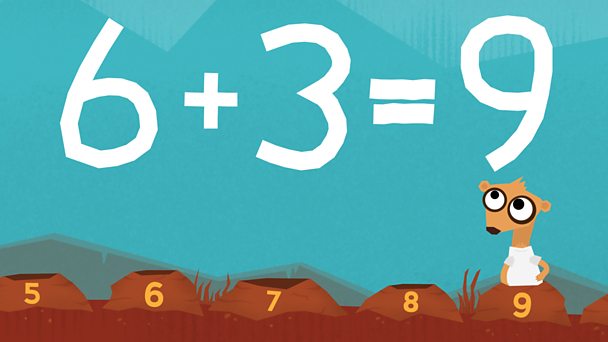
Numberblocks
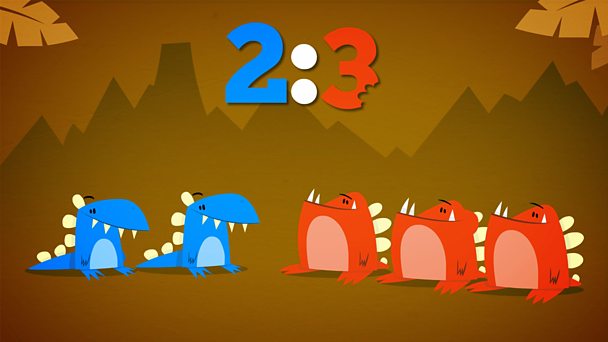
KS1 BBC Bitesize
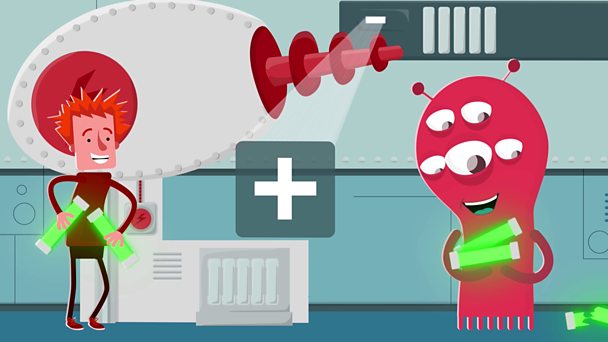
KS2 BBC Bitesize
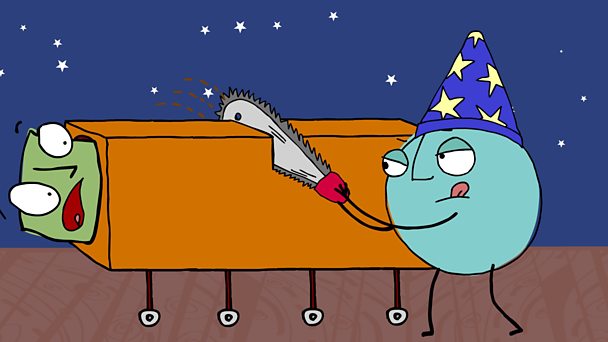
Maths Sticks
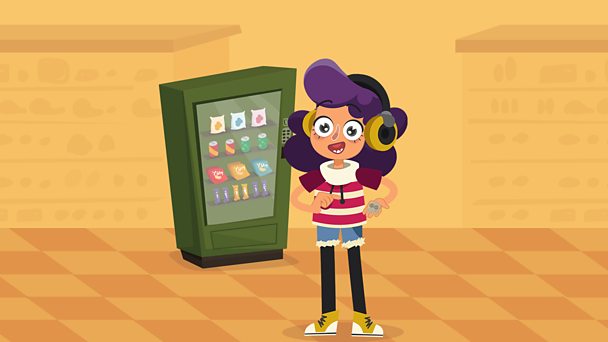
IXL Maths
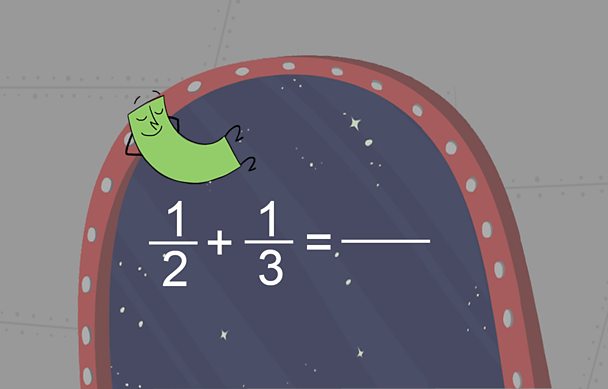
My Mini Maths
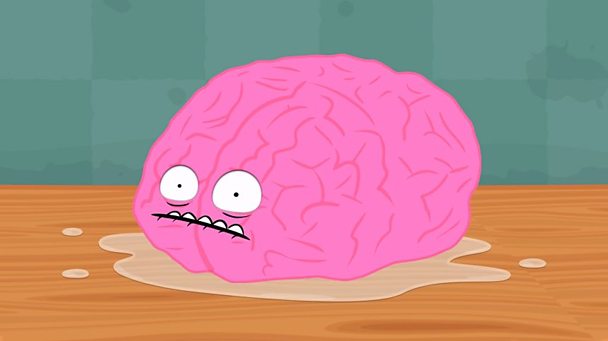
TT Rockstars

Numbots
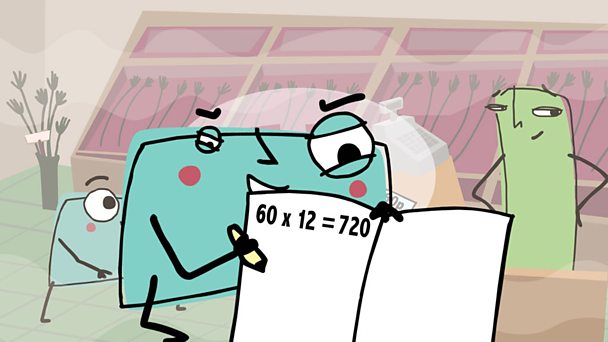
White Rose Maths

Maths Frame
